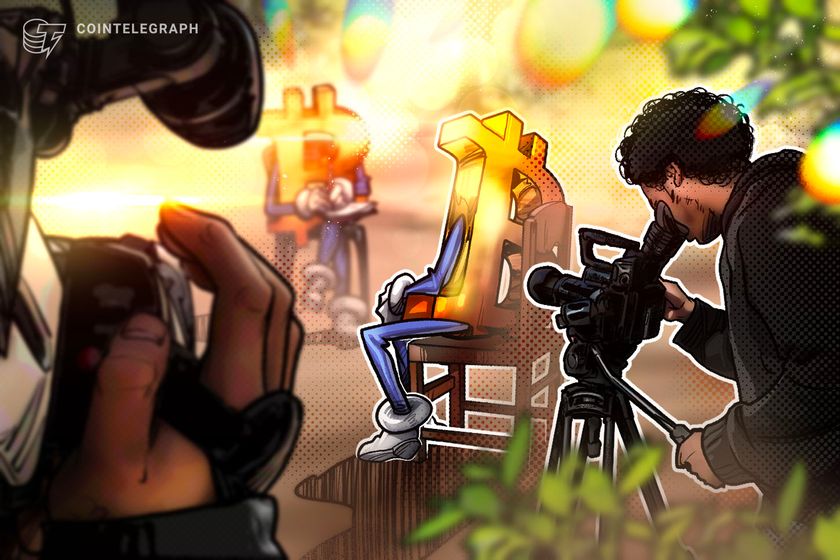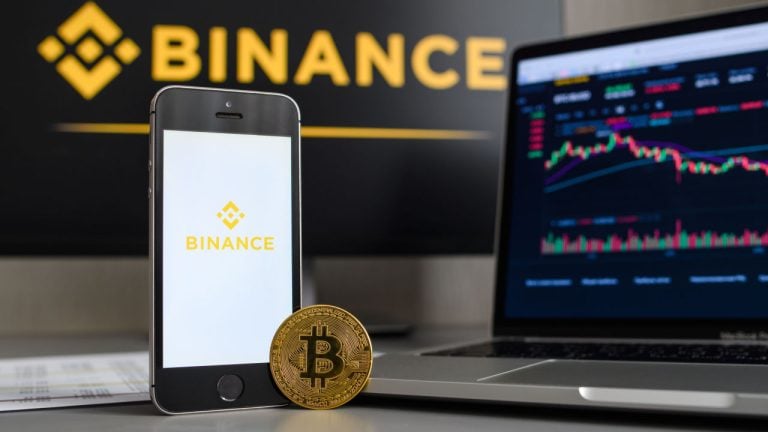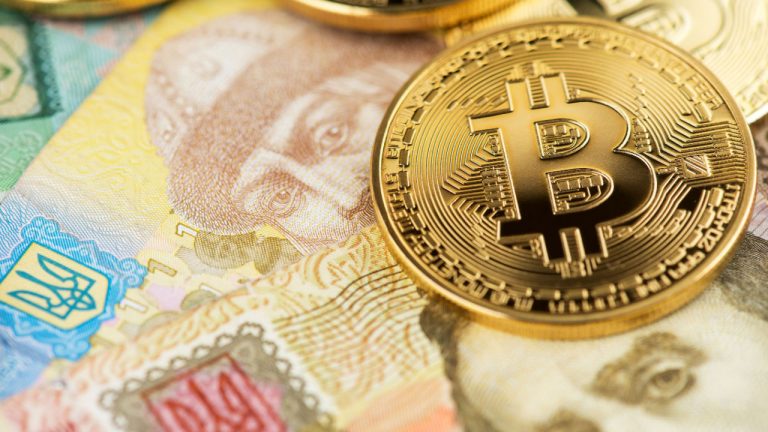
Lights, camera, Bitcoin: A Bitcoin Film Festival in Poland brought the Bitcoin revolution to the big screen.
The bear market might rage on, but that won’t stop the Bitcoin (BTC) shooters, creators and filmmakers from producing new content.
Hosted in the capital of Poland, Warsaw, the first edition of the Bitcoin Film Festival took place in March. The festival brought together Bitcoin advocates and film lovers from across the globe to sit through some of the best-known Bitcoin films and documentaries.
Hosted in the Kinoteka theater in the iconic Palace of Culture and Science, the Bitcoin Film Festival festival celebrated Bitcoin’s growing global influence while underscoring the thriving cultural movement that underpins the digital network. Some talents from the Bitcoin movement’s first film festival, BitFilm in 2015, such as Tomer Kantor, were in attendance, and they continue to shoot Bitcoin-centric films.
Cointelegraph premiered The Bitcoin Farmer, a short documentary about Bitcoin mining using solely renewable energy in Ireland. The film was followed by a panel discussion with Cointelegraph’s director of video, Jackson Dumont; global reporter, Joe Hall; co-founder of Bitcoin Film Fest, Pierre Corbin; and Mark Morton and Vince Giltinan from Scilling Digital Mining.

Pierre Corbin told Cointelegraph that he and co-founder Tomek Kolodziejczuk put together the Bitcoin Film Festival because it’s a “cool idea” for the community. Although the film fest was a valuable means of introducing Polish people to Bitcoin, Pierre explained that Bitcoin “has been very popular here in Poland with Ukrainians coming here because of the war.”
Poland borders Ukraine, with as much as 25% of Poland’s immigrant population being Ukrainian. At the outset of the war, Bitcoin donations soared, and Corbin explains that people on the ground used the decentralized tool:
“The human rights foundation helped them [Ukrainians] transfer their wealth into Bitcoin, helping them cross the border here into Poland and then walk them through the process of getting their money back out from Bitcoin ATMs because Poland is the country in Europe with the most Bitcoin ATMs.”
Kolodziejczuk set the ball rolling for the world’s first Bitcoin film festival in November 2022. He was keen to meet Corbin and screen his film, The Great Reset and the Rise of Bitcoin, at a local Bitcoin meetup. However, the idea snowballed. Their encounter and subsequent meetings led to the screening of Bitcoin movies from around the world in one of Eastern Europe’s most iconic buildings.

From documentaries shot in El Salvador, like Bond to Unbind, to a snapshot of the impact of Bitcoin on individuals’ lives in The Human B, the film festival showcased the most recent and notable film production efforts. Corbin explained the selection process:
“If you select the right films that tell the right stories, then bringing people from outside will understand Bitcoin from the angle that we want them to understand.”
A crowdfunding campaign was held through the Bitcoin crowdfunding campaign Geyser Fund, in which The Satoshi Mystery by Remi Baillieux won the community-voting segment. Meanwhile, Pierre raised Sats (the smallest denomination of a Bitcoin) for his second Bitcoin documentary, The Fight for the US Dollar.
Related: Film review: ‘Human B’ shows a personal journey with Bitcoin
The film festival also piggybacked off a Libertarian conference hosted in Warsaw the same weekend. Libertarians, or proponents of minimizing the state's encroachment on daily life, were some of the earliest adopters of Bitcoin.
The Bitcoin Film Festival is investigating whether to change the location for the 2024 installment or to keep the festival in Warsaw. While bear markets are undoubtedly for building, it appears they're also for filming.
Magazine: NFT Creator, Sarah Zucker: The Sarah Show’s analog past meets dizzying digital future











